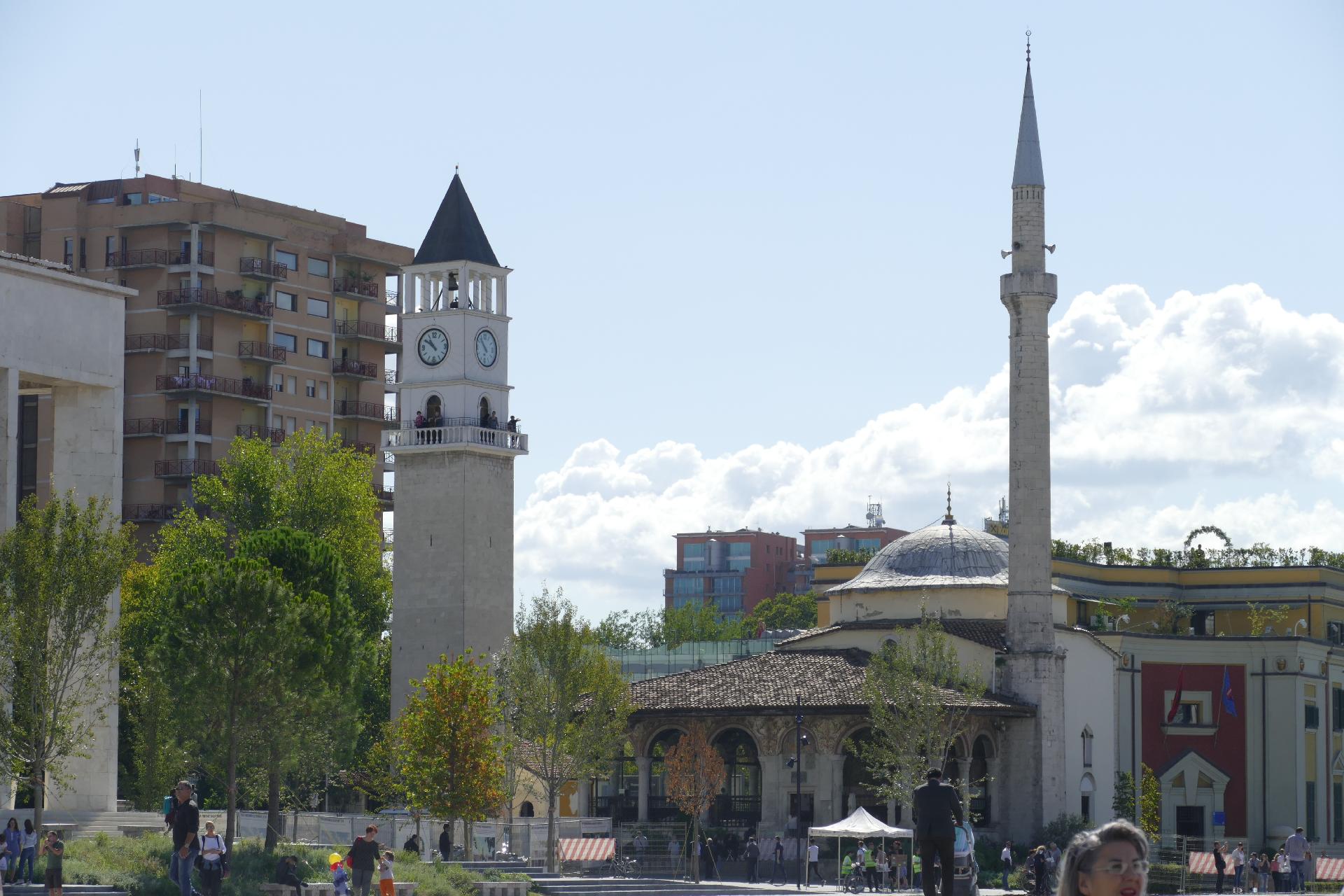TIRANA, October 7
Albania is moderately prepared in developing a functioning market economy, the latest European Commission report points out. However, key findings from the report show that country’s competitiveness is hindered by a lack of entrepreneurial and technological know-how, a significant skills gap, weak institutions, and low levels of investment and infrastructure quality. Integration into international value chains and exports remained below potential. Furthermore, consolidation of property rights and fully functioning cadaster are critical prerequisites for increasing investments and access.
Nominal wage growth accelerated to 3.8 percent, but emigration continued to exacerbate shortages of skilled staff.
Albania has the lowest rate (24%) of tertiary-educated young adults (30-34 year-olds) in the Western Balkans, partly due to the continuing emigration of educated Albanians (‘brain drain’)
The capacity for research, development, and innovation remained very low, as public spending on research (though up slightly) remained negligible at 0.03% of GDP, and the proportion of companies investing in R&D (about 18%) was the second-lowest in the region17. In the global competitiveness index, Albania ranks particularly low for innovation capability (110th of 141) and R&D (126th), with increasing numbers of publications in scientific journals and patents the only positive developments in this area.
The lack of product and geographical diversification of exports add to Albania’s vulnerability to external shocks such as the current pandemic. The hard-hit SMEs and self-employed receive support, but the effective outreach of support measures is limited by the large informality in the economy.
To improve competitiveness and long-term growth, Albania should:
- Establish effective consultation mechanisms with businesses and social partners to ensure the transparency and predictability of support measures and legislation;
- Provide incentives for businesses and employees in the informal economy sector for transferring to the formal economy;
- Ensure that legislation on energy efficiency and energy performance of buildings was applied to the earthquake-related reconstruction;
- Improve the relevance of vocational education and training for employment.Infrastructure competitiveness
In the global competitiveness index, Albania’s infrastructure ranks 98 out of 141, despite improvements, with transport infrastructure and road connectivity ranking only 122nd.
Digital infrastructure improved, with a growing proportion of households enjoying internet access (up from 80.7% in 2017 to 82.2% in 2018) water supply extended in the coastal regions that attract the most tourists and installed electricity generation capacity increased, and outages declined significantly.
However, the implementation of the action plan to increase energy efficiency was delayed, and Albania’s economy remains three times more energy-intensive than the EU average. The inefficient use of energy, in particular in the transport and residential sectors, which account for up to 70 percent of energy consumption, weighs on energy security and the trade deficit
Read also: 12 Findings on the Albanian Startup Ecosystem
Source: ec.europa.eu

Leave a Reply
You must be logged in to post a comment.